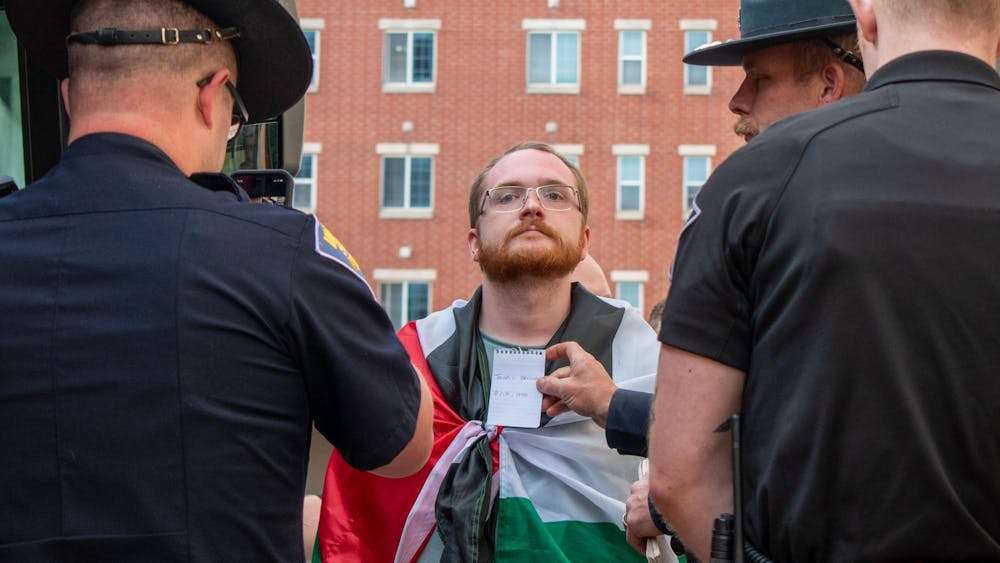Speaking to a packed lecture hall Wednesday night, Amartya Sen, renowned scholar, author and 1998 Nobel Laureate in economics, dismissed the concept of a single identity trumping all others in human relationships. He applied his theory to past conflicts in India, his home country, and conflicts today in Iraq.\nIn his speech, titled "Identity: Enrichment, Violence and Terror," Sen argued that people have multiple identities in any given situation, and race, class or religion does not solely define an individual. Furthermore, he said, it is erroneous to treat violence between groups of people as a matter of only ethnic or religious conflict.\nRather, it is self-imposed and strictly defined membership in one group, which he termed "perceived absence of choice in our identities," that leads to conflict. \n"Claims of unique identities uniting desires within groups and dividing desires between groups are what cause societal violence," he said.\nA native of Santiniketan, India, Sen recalled the events surrounding the August 1947 partition of India that resulted in the deaths of hundreds of thousands of people due to inter-religion violence. \n"The peaceable neighbors of January became the bloodthirsty Hindu and the brutal Muslim of July," he said.\nThere has been a general misconstruction of identity in the post-Sept. 11, 2001 world, in Sen's view, in the division of individuals into "civilizations" that are now believed to be clashing. "Civilizational partitioning" of the human population leads to a dangerously solitarist approach to international relations, he said.\nSen also touched upon Western perceptions of democracy and how these have been applied in U.S. foreign policy, particularly in Iraq. Westerners tend to view democracy as a direct inheritance from classical Greek civilization, which is always identified with the "West" even though it had closer ties to the Near East, Persia (modern-day Iran) and India than to what is now considered Western Europe, he said. \nThis understanding of history also overlooks democratic elements in many other ancient cultures, he said. Susa, an ancient city-state located in what is currently Iran, for example, was ruled by an elected council, and similar examples existed in ancient India, in seventh-century Japan and throughout Islamic history in the tradition of "consultation" among groups of local leaders.\nIn addition to misunderstanding the historical context, he said, there is a tendency in U.S. foreign policy to equate "democracy" simply with elections while overlooking the need for civil society development. In times of crisis, identity often shifts to a smaller and more immediate group, and Iraqis today are more likely to identify with co-religionists than with an overall "Iraqi" identity, making the emergence of a viable civil society unlikely, he said.\nIn general, Sen said, there is a risk that all human connections aside from religious ones will be forgotten. "We are distinct," he concluded. "But we are not distinct in one category only."\nSen, Lamont University Professor and professor of economics and philosophy at Harvard University, was the inaugural speaker of the 2006-2007 Patten Lecture Series. The Series brings world-renowned scholars to IU to interact with faculty and students in classes and informal gatherings and to deliver two public lectures. Sen's second lecture, "India: Bits and Pieces and Beyond," was delivered Thursday night and continued his theme of problems of identity and violence in India.
Nobel Laureate discusses human identity, conflict
Amrtya Sen relates people and historical violence worldwide
Get stories like this in your inbox
Subscribe





